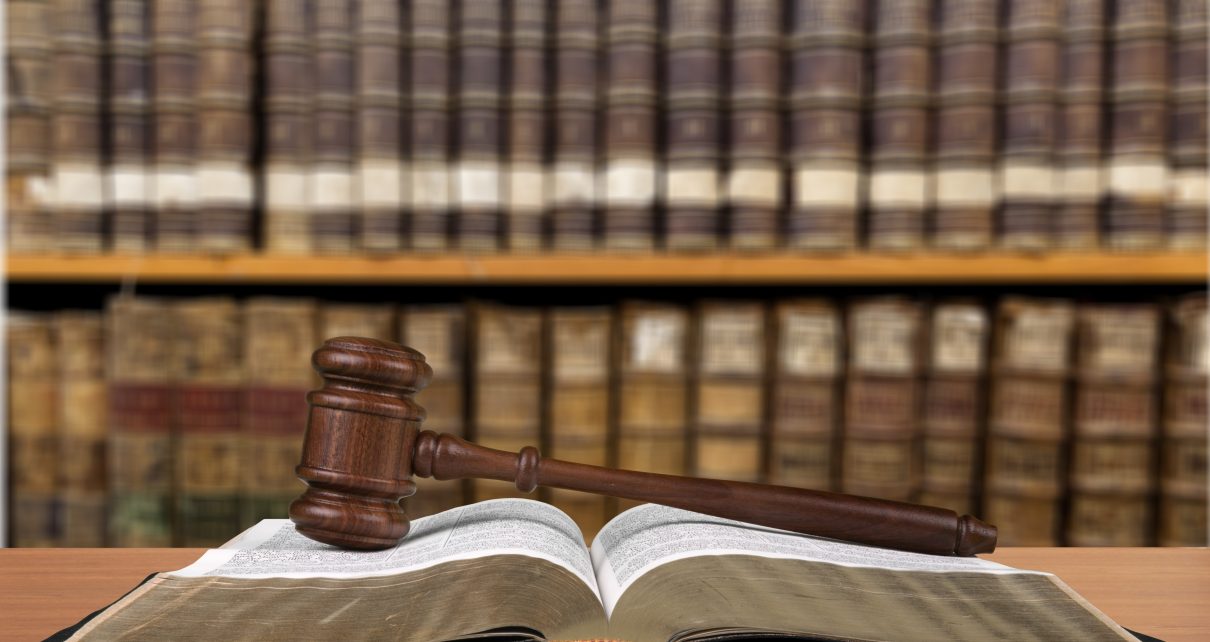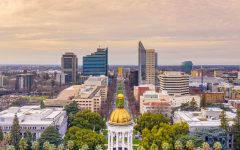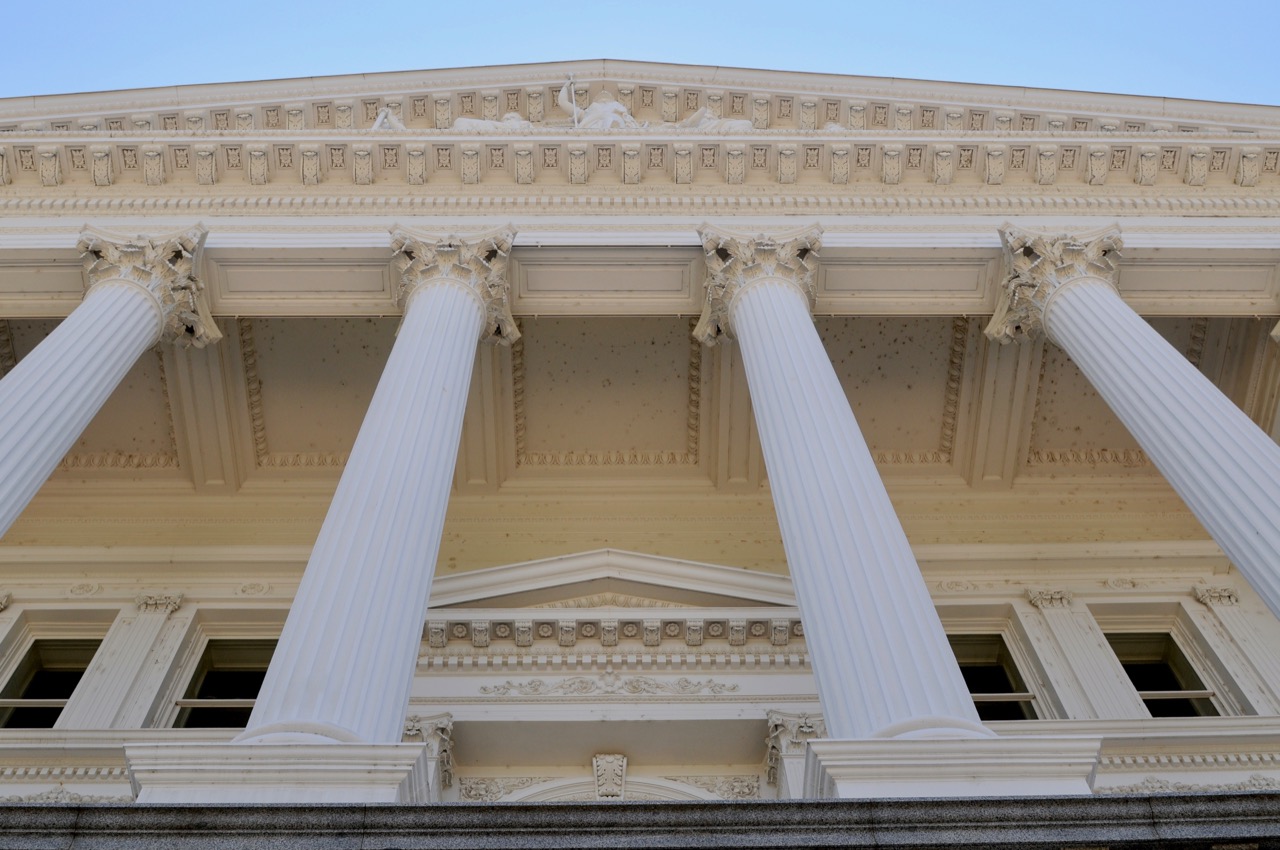
Legal System. (Photo: Billion Photos/Shutterstock)
California Law Schools Must Encourage Viewpoint Diversity
Many law schools operate in a manner that reinforces ideological orthodoxy and chills dissenting views
By Keith Hand, August 26, 2024 3:03 pm
In June, the deans of over 100 law schools published a joint letter affirming that legal education should teach students “to disagree respectfully and engage with one another across ideological lines.” As thousands of new law students begin their professional education, in the midst of a divisive election cycle and debate over another round of contentious U.S. Supreme Court decisions, are law schools doing enough to train advocates for a pluralistic society in practice?
As I read the decanal statement this summer, I thought about a recent student-sponsored event at my San Francisco law school. An attorney from Becket, an organization that defends religious freedom across faiths, visited to discuss the case of a high school football coach terminated for on-field prayer. The attorney explained a 2022 U.S. Supreme Court decision that upheld the coach’s personal religious observance and set aside a vague legal test that lower courts had applied to the case. He then engaged challenging audience questions.
It was a model law school discussion, and there was excitement among the students in attendance. One student noted, to approving nods from classmates, that he’d never heard the attorney’s arguments presented in any of his law school courses.
The student’s enthusiasm was gratifying, but it also prompted a sad reflection. Most law students dream of sharpening their advocacy through rigorous debate of emerging rights questions. Yet somehow, these students had spent several years in law school without hearing a robust defense of the legal arguments that prevailed in a key First Amendment case. That seemed like a failure.
Educational institutions, especially those training the nation’s future lawyers and judges, should work to counter the groupthink and polarization degrading our civic life. But in practice, many law schools operate in a manner that reinforces ideological orthodoxy and chills dissenting views on contentious legal issues.
Here in California, examples of such problems abound. Many law faculties lack meaningful ideological diversity. Institutionally sponsored events and social media overwhelmingly promote progressive speakers and perspectives. Administrators issue institutional statements on national and world events, leaving the impression that dissenting views are unwelcome. And, when students invite outside experts to present alternative perspectives, they sometimes face harassment and shout downs, as we witnessed at my law school, Stanford Law School, and other institutions in recent years.
Some state legislatures have responded to these concerns by attempting to regulate the teaching of “divisive concepts” or imposing viewpoint diversity requirements in higher education. But these misguided statutes only further chill discourse and perpetuate illiberal impulses that undermine viewpoint diversity. Meaningful change must come from within, through the efforts of professionals who share a commitment to pluralism and open inquiry.
The American Bar Association has signaled its concern about a lack of viewpoint diversity in the legal academy. In February, it adopted a new accreditation standard that requires law schools to implement polices to protect academic freedom and expression, including provisions that ensure the right to present controversial or unpopular views and prohibit disruptions that hinder expression. As the ABA observed, “Effective legal education and the development of the law require the free, robust, and uninhibited sharing of ideas reflecting a wide range of viewpoints.”
Most attorneys would agree. They know that exceptional lawyering requires advocates to understand and engage with the best arguments of opposing counsel. They also know that lawyers with a passion for justice will have to persuade judges and jurors who do not share their ideological commitments. Many would acknowledge that ideological conformity is doing a disservice to the next generation of legal professionals and to the nation. Those who do should press their law schools to take proactive steps to promote the rigorous presentation and discussion of ideologically diverse viewpoints. As a state that prides itself on tolerance and openness, California can and should do better.
- California Law Schools Must Encourage Viewpoint Diversity - August 26, 2024





Thank you for your article. For one thing, some of today’s attorneys will be tomorrow’s judges. If, all of us, cannot find a way to have meaningful and thoughtful conversations our Republic will not last long. What happened to classes on debate and public speaking. I remember when I was taking a debate class in high school said to me, Dick you did a very good job in that debate. NOW I want you next week to be prepared to take the opposite view and I’m looking forward to seeing if you can do as good a job as you did today. If you graduate from college, let alone law school you should have had at least on class where you can practice critical thinking.
Again thank you for your thoughtful and timely article.